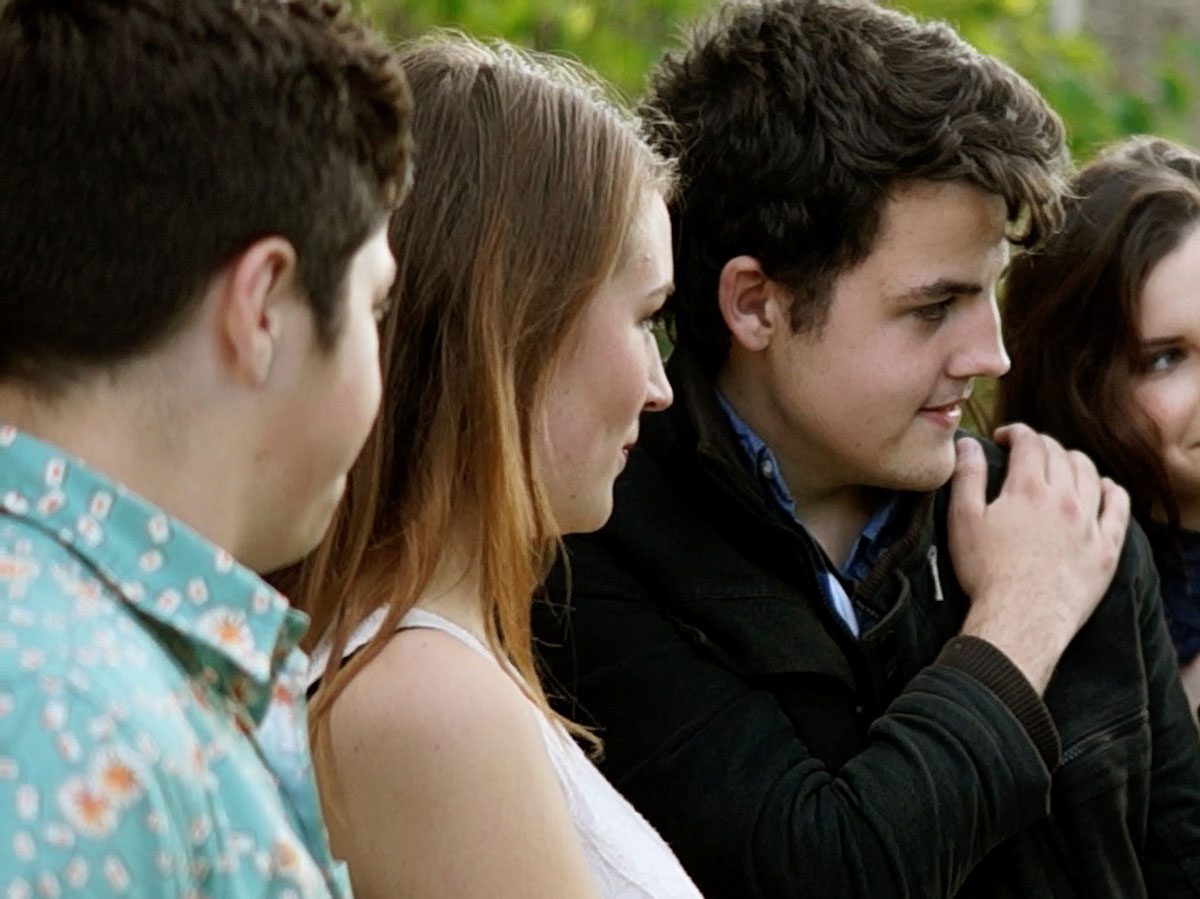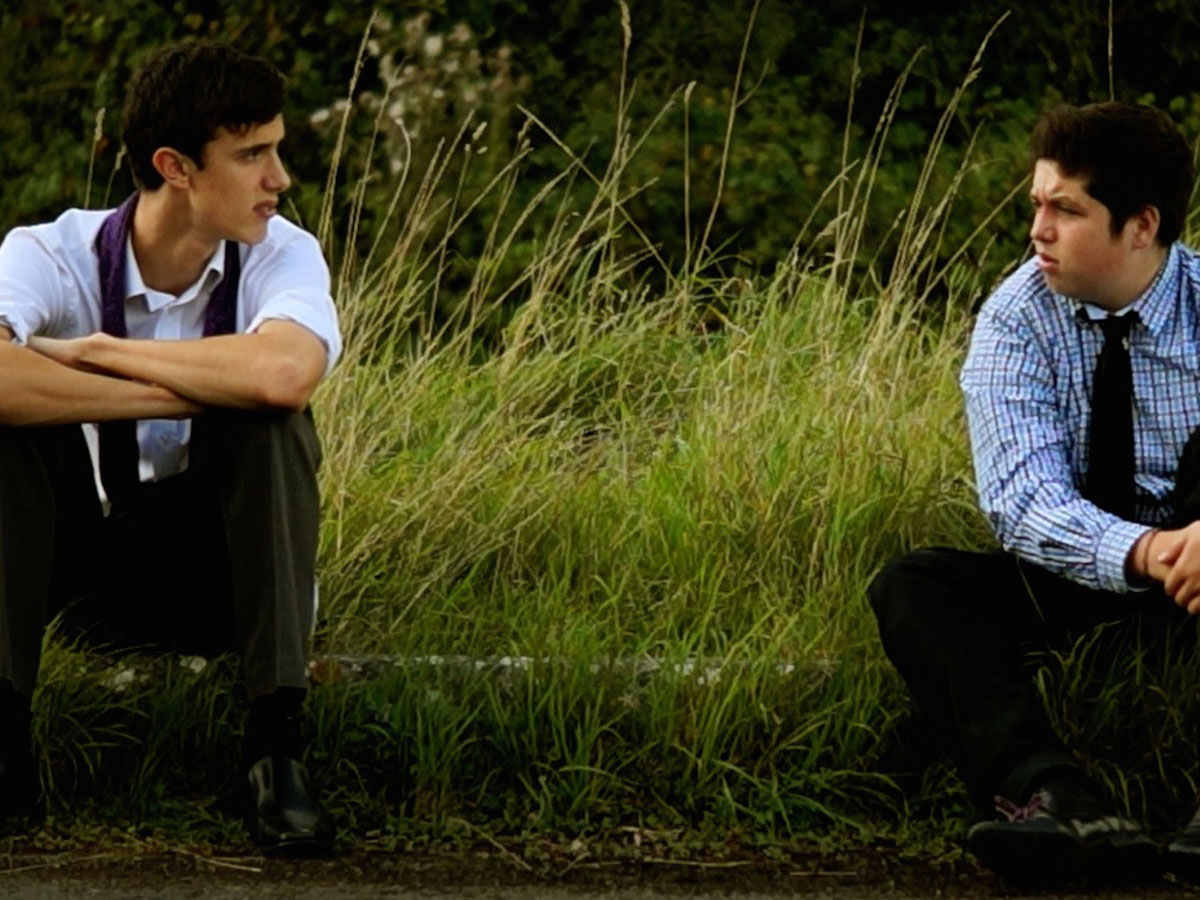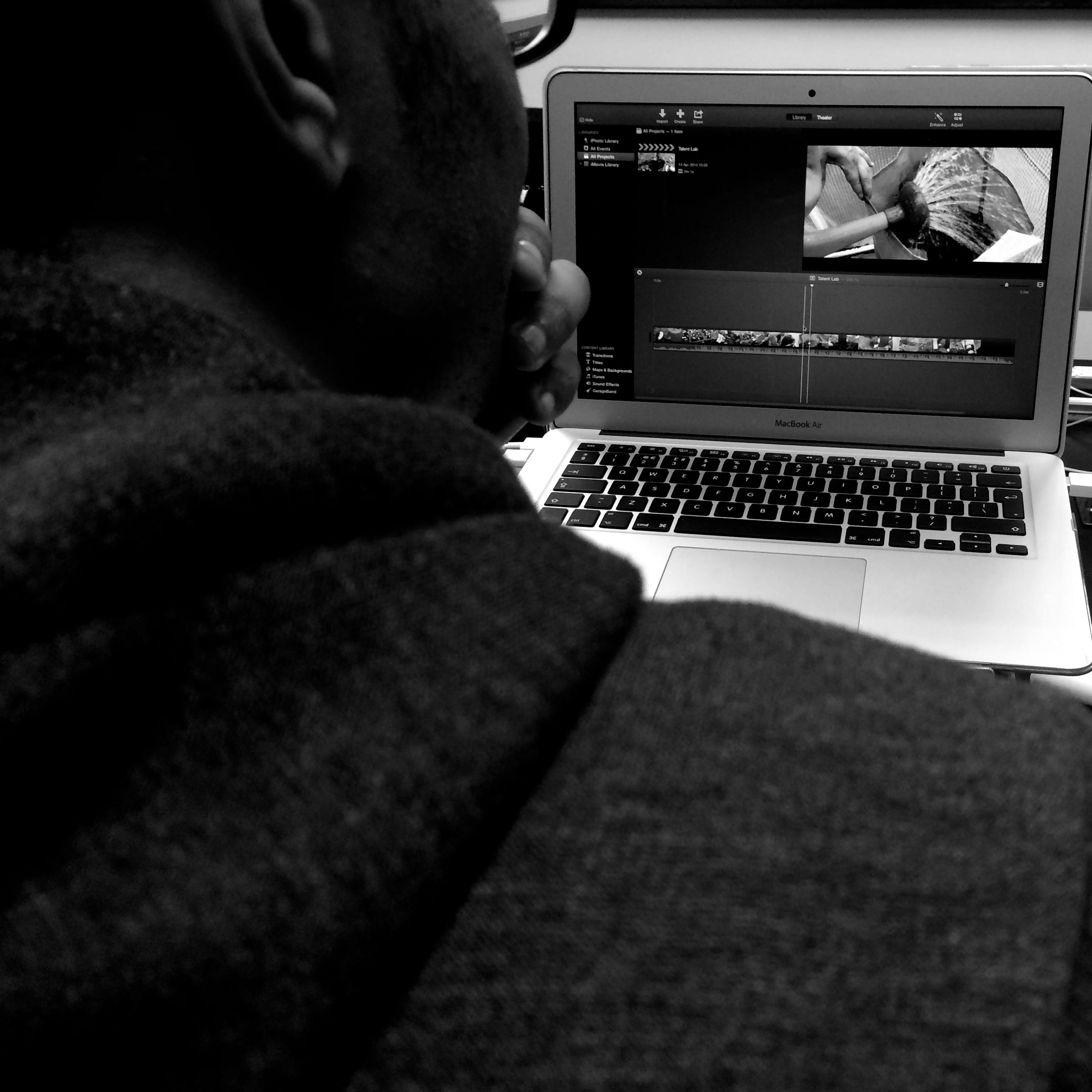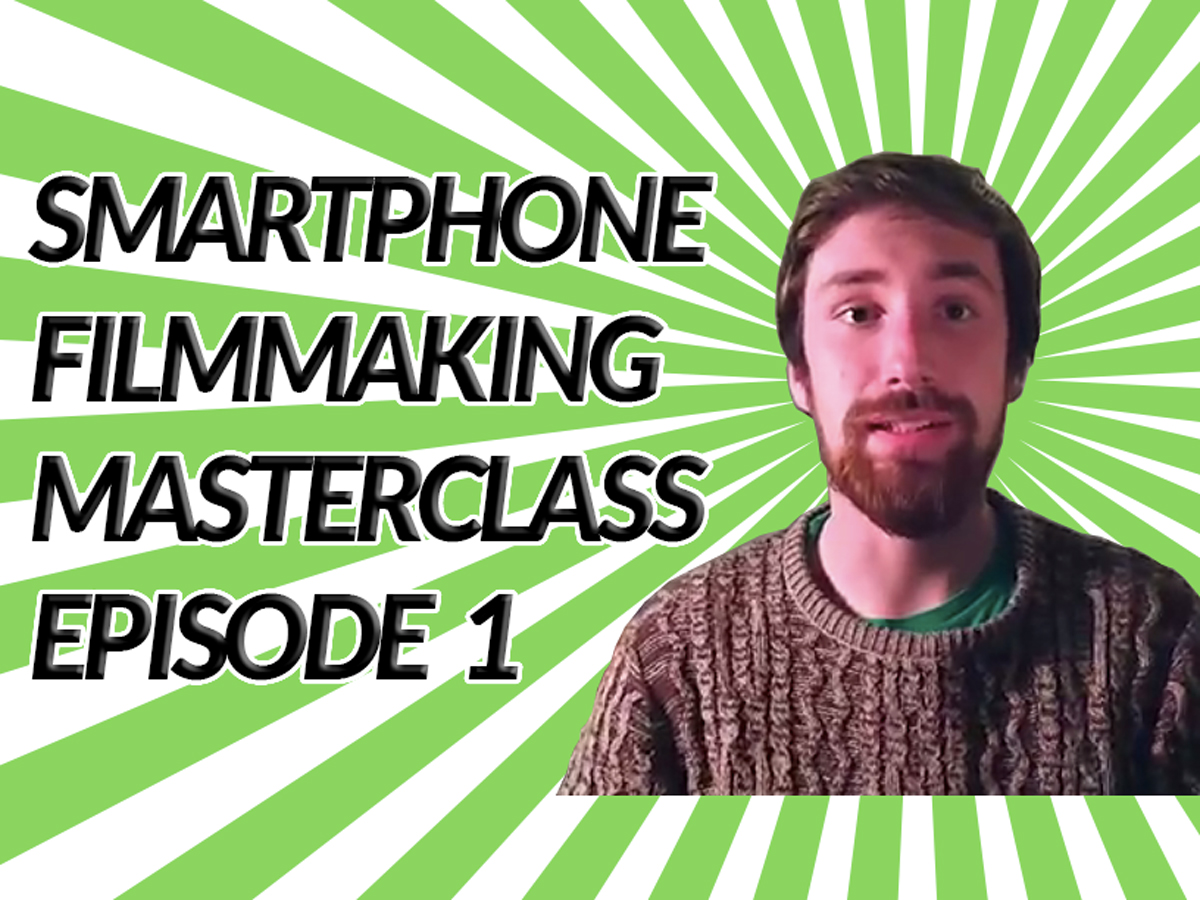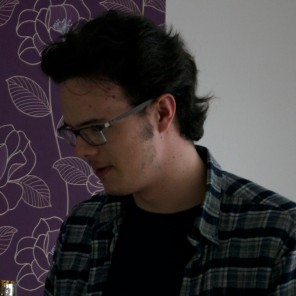From YouTube To TV: How ‘Writers’ Made The Jump
Adam T Cottle’s web series ‘Writers’ recently found its way on to broadcast television. Here’s how he made the jump.
When production began back in 2014, ‘Writers’ was envisioned as six 15-minute episodes, the average length for a web series. However, as the scripts developed, they became longer and more complex. What was originally 15 minutes instead became 30. Over time the series began to veer away from a straight-up web series to an actual television show built for the YouTube platform. But, we persevered and, by the skin of our teeth, got all six episodes out on time and to a consistent quality across the season. It was at the wrap party that we received the email from Made Television expressing interest in the show.
Transitioning from YouTube to television was an easy-yet-peculiar experience. Whereas YouTube is grey, television is instead very black-and-white, working under strict guidelines.
Many of our episodes had to be cut down to fit into 21-24 minute timeslots. Many darlings were killed, but along the way we learned new things about editing. Having to cut down scenes and on occasion remove them entirely surprisingly benefited the show. It became leaner, quicker, snappier, and character interactions benefited greatly as a result. Sure, there are great scenes that found their way to the cutting room floor (scenes which can still be seen in the original YouTube edits) but all things considered the episodes are a whole lot better for it.
I’ve seen countless ‘How To’ videos across the internet about creating web series. I read many of them myself while developing ‘Writers’. However, despite what these articles claim, there is no right-or-wrong way to produce your own web show. Whether you’ve never picked up a camera before, or are simply looking to experiment with a new platform, I’ve found that developing a web series comes down to a single very important factor: passion and drive. And if you have that passion and drive to get your project moving, here are a few things I’ve learned that might help you:
- Actors – When developing your project, think to yourself: do I know any actors? In this business, contacts are the most useful thing you can have. Obviously I realise not everyone knows a handful of fantastic actors personally, but I would recommend that before you go diving into CastingCall Pro, take a moment to think about any contacts you may have, as it could save you a lot of time and hassle. However, unless they’re actors, NEVER cast your mates. It might seem like an easy way to build a cast of people you trust, but I cannot stress the number of web series I’ve seen suffer thanks to wooden acting. Make sure your actors are actors, and not there because it was all you could get your hands on.
- Writing – Writing is often the most overlooked part of the creative process. Spend time developing your scripts. Think about where you want the series to go. Make sure you have complete scripts and outlines before you begin shooting. Also, if you’re a low-budget filmmaker, don’t treat the script like it’s sacred text. Let it be flexible – I can’t tell you the number of times during the production of ‘Writers’ a moment of on-set inspiration for a great one-liner would occur, or a great moment of unscripted comedy would be suggested the cast.
- Crew – Possibly the least obvious on this list, but keep your crew minimal. This isn’t Hollywood – you don’t need 30-odd people rushing around set. Focus on the core production needs: director, cinematographer, producer, and sound. Make-up is preferable, but not a necessity. Some roles can double up during production: on set, I acted as director, writer, editor, co-producer and cinematographer, whereas sound duties circulated among the cast to whoever wasn’t on camera at the time. Obviously, that sound set-up isn’t ideal, and I would highly recommend getting an actual sound person, but it just goes to show you don’t always need a massive team behind the camera.
- Promotion – In the past I’ve heard people say ‘Oh, I don’t want to annoy people with constant updates’. Forget about that. Go ahead. Annoy the hell out of them. Production update? Share it. New trailer or clip? Share it. First episode finally uploaded? Share it. In the world of low-budget filmmaking, social media is your best friend, and every update you post is gold dust. Get your project out there, get people interested, build a following. Treat your fans well and they will help you in return, whether that’s by simply helping spread the word, or even helping fund your Kickstarter or IndieGoGo campaign if you decide to go down that route.
‘Writers’ series 1 is playing on Made In Bristol. The original series on YouTube can be found here
Here’s a bunch of places you can find more info about filmmaking in Bristol

About Rife




